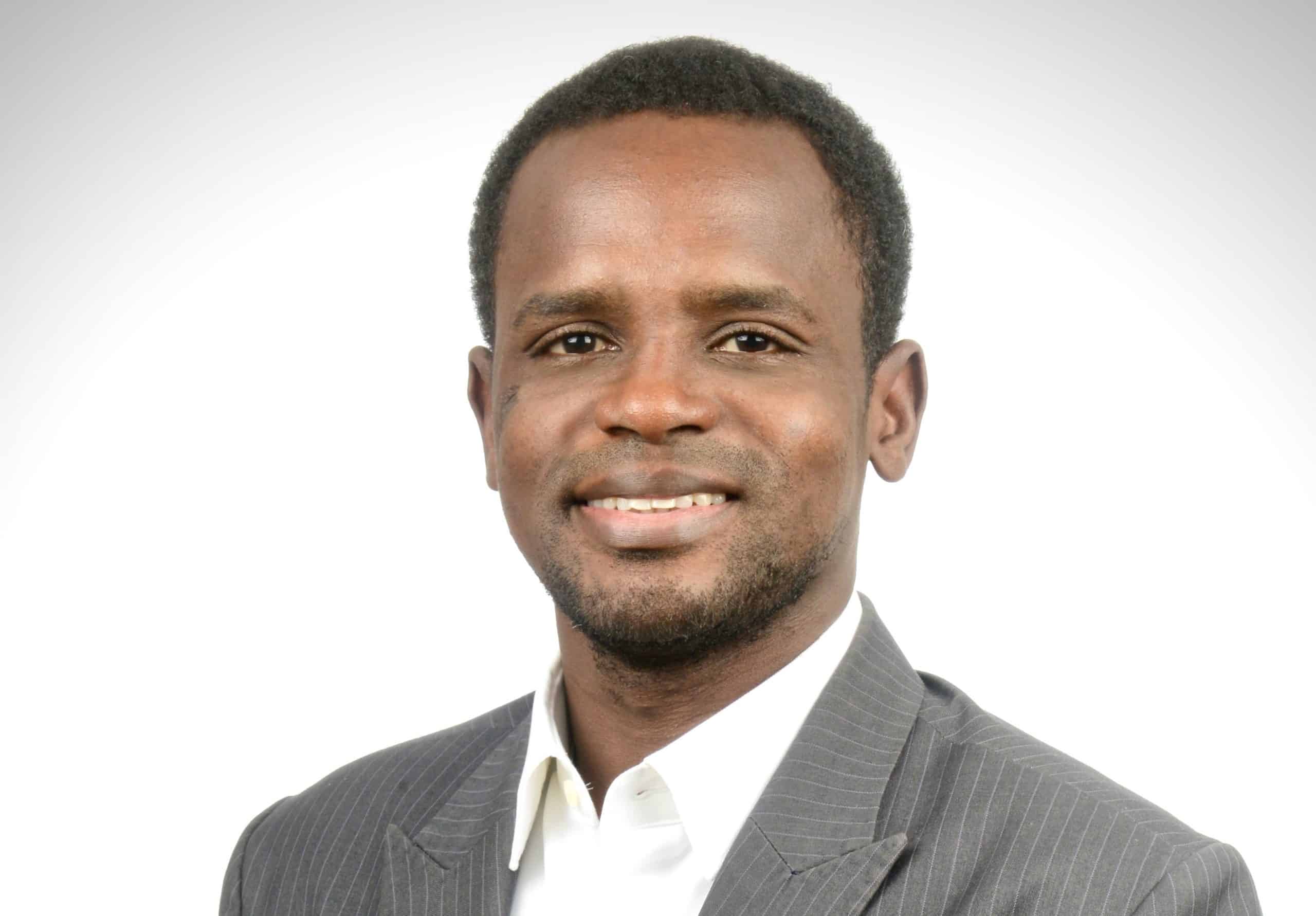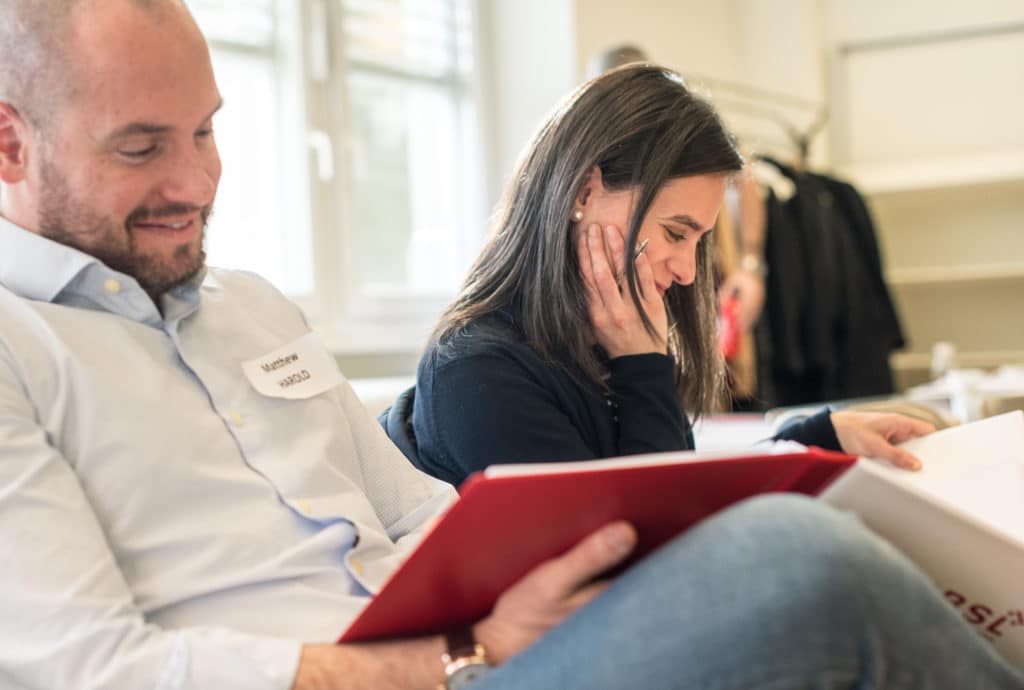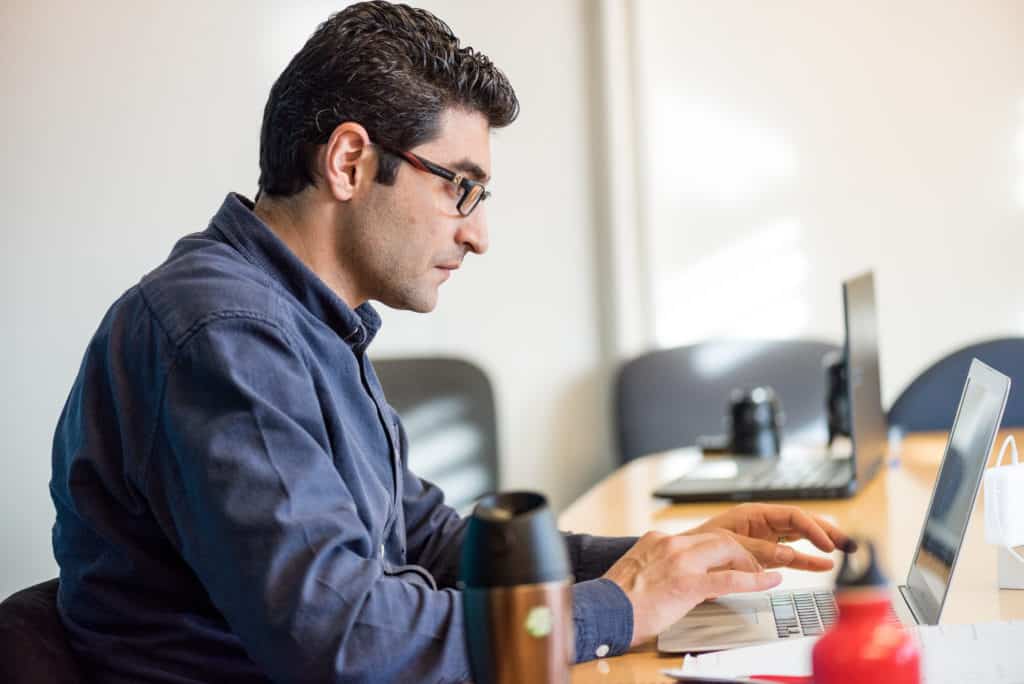
The EMBA in Sustainable Business at BSL allows working business professionals to accelerate their transition to becoming positive impact leaders among their executive peers. Nurturing an entrepreneurial mindset, EMBA students combine an executive MBA education with a deep dive into business sustainability.
Sustainability in action looks different to each student in terms of how they will use their skills to implement the processes and techniques learned throughout their program. We spoke with EMBA program alumni and Senior Business Analyst Muaz Cisse, who outlined the work he was able to accomplish with BSL. Continue reading to learn about his experience in our program and gain an inside look at the BSL journey.
Sustainable Business EMBA Program Structure
BSL’s Sustainable Business EMBA offers an enticing program structure for working professionals. With small classes of up to 22 candidates and personalized attention and support from professors, we asked Muaz to explain a little more about his courses.
“I took the part-time option because I’m also working full-time. I like the program’s structure because of the experiential learning model we applied. About every six weeks, we had a block class of 2.5 days – Thursday and Friday for a full day, and Saturday for a half-day – so you work for a full day from 9 am – 9 pm in which you do some theory, and then look at some cases and companies and how they address some of the challenges that we are working on. I see this as experiential learning.”

A noticeable component of the EMBA program structure at BSL is the international and diverse environment. With students from 60 nationalities, sustainability is examined through a truly global lens and allows for extensive networking. Muaz touched on this, saying, “What I appreciate is the networking. I’ve had many classes, and I’m fortunate to work with many professionals from many countries, backgrounds, and fields. And we’re still the best of friends. We meet regularly, with some of them coming from different countries. Thus, it’s amazing the network of friendships formed. For me, it’s precious.”
Growing Professionally with the EMBA Program Final Project
The EMBA Project allows program participants to take the topics they have studied extensively in the classroom and apply them to real-world situations. BSL programs focus on giving experienced professionals the tools they need to make a global impact.
For Muaz, his final EMBA Project is based on a sustainable business challenge that has had him asking questions for most of his adult life. “Five years ago, I had an experience in my country where a close family member was expecting. She went for delivery and lost her life because of medical errors and complications,” Muaz told us. “So this is one of the tipping points and one of the questions that I have asked myself – how do you address this problem and find solutions even if you are not a medical doctor? What contribution can I bring in? It was something that I thought of as an idea, and throughout my MBA journey, it was a topic that kept popping up in classes every time we discussed issues about sustainability and challenges and what we could do. In the end, I managed to sort of identify the health sector and go into that direction for my final project.”

“The current health crisis and challenges are a huge problem in delivering quality healthcare. We are working on a business model that, during phase one, is focused on mothers, expecting mothers, and infants under five. We’re using this model to help them get the best healthcare services and, at the same time, use technology to streamline communication and coordination among healthcare professionals and other stakeholders. During my research, I realized that one of the main challenges facing the different actors in the healthcare sector is the lack of tools and processes to help them do their jobs. They lack technical platforms and workflows that help them coordinate and communicate effectively. There are also challenges with transparency and accountability. Our solutions seek to address these problems. And we’re using Blockchain and AI as the underlying technologies to solve these problems,” Muaz explained.
Understanding New Roles as an EMBA Graduate
Muaz noted a few ways that his part-time EMBA degree helped him advance his career and improve his employability. “I’m currently working in the corporate world, and in many situations, especially in the technical field, you find yourself coming up with initiatives,” he explained. “You have to have that entrepreneurial mindset where you can analyze current situations and propose new solutions, come up with concepts and prototypes, test, and deploy. Throughout the life cycle, you need to actively engage and manage stakeholders and have them accept and validate the solutions. I work as a Senior Business Analyst, and my job is to come up with concepts and approaches, help stakeholders understand the concepts, and align with the ideas.”
He went on to explain how the initiatives he started during his time at BSL have helped him look at business and management roles from a different perspective. “The consulting project that I worked on is an entrepreneurial venture. It’s a registered company in a couple of African countries, and is now currently active in Mali and Liberia,” he said. He then gave us the company description: “Gandall Health Connect, a prototype business adapted to the healthcare system in Sub-Saharan Africa, offers a portable and distributed blockchain-based system for medical records that acts as an overarching, single view of a patient’s records – without direct hospital or insurance company integrations. Patients can grant access to their records to other users and revoke access by setting up a time-limited gateway, thereby improving their experience and guaranteeing data security.”
“This venture also helped me look at business from the employer’s entrepreneurial perspective instead of the employee side,” he added. “You manage things differently in terms of timing, people management, processes, expectations, and objectives. So yes, when I speak to my supervisors in my current role, I understand what they are saying, and it makes sense to me. And I can, in turn, ask, ‘how should I address those?’”
Collaboration, Innovation, and Business Transformation
Muaz agreed that three topics were integral to the EMBA program: collaboration, innovation, and business transformation. These, in turn, accelerated the growth he achieved toward becoming a more self-aware, knowledgeable, and sustainability-conscious business practitioner.
“Collaboration, as I mentioned earlier on networking at BSL, is seen through many professionals from different backgrounds who all work together as a single family to address some of our biggest challenges. I had the privilege and honor to meet and get inspired by many experts and young professionals to create a sustainable future for all. So for me, collaboration couldn’t be better because this is the essence of the program. In terms of transformation, the journey is not just an academic exploration but that of self-discovery through action-based learning experiences for self-awareness, personal development, and leadership growth. Looking at what we’ve done: We go out of our comfort zones into different immersive settings to examine and reflect during classes, or we address some topics and try to change our mindset. We understand that all of us have potential, and long-term and sustainable survival are much more important than short-term profit. As far as innovation at BSL, we focused on entrepreneurship – brainstorming and coming up with new initiatives and creative solutions.”
Finally, we asked if Muaz feels ready to act as a leader of change and innovation in the business world. “Absolutely,” he replied. “Again, since the beginning of my adult life, I have been asking these questions: How can we lead by example to make things better? I’ve had many different journeys that have prepared me, and BSL is one of them. Again, it’s an ongoing process, and definitely, I’m evolving. I’m in it, and I’m in it for the future.”
Are you interested in enrolling in our EMBA in Sustainable Business?
Contact Business School Lausanne for more information!
